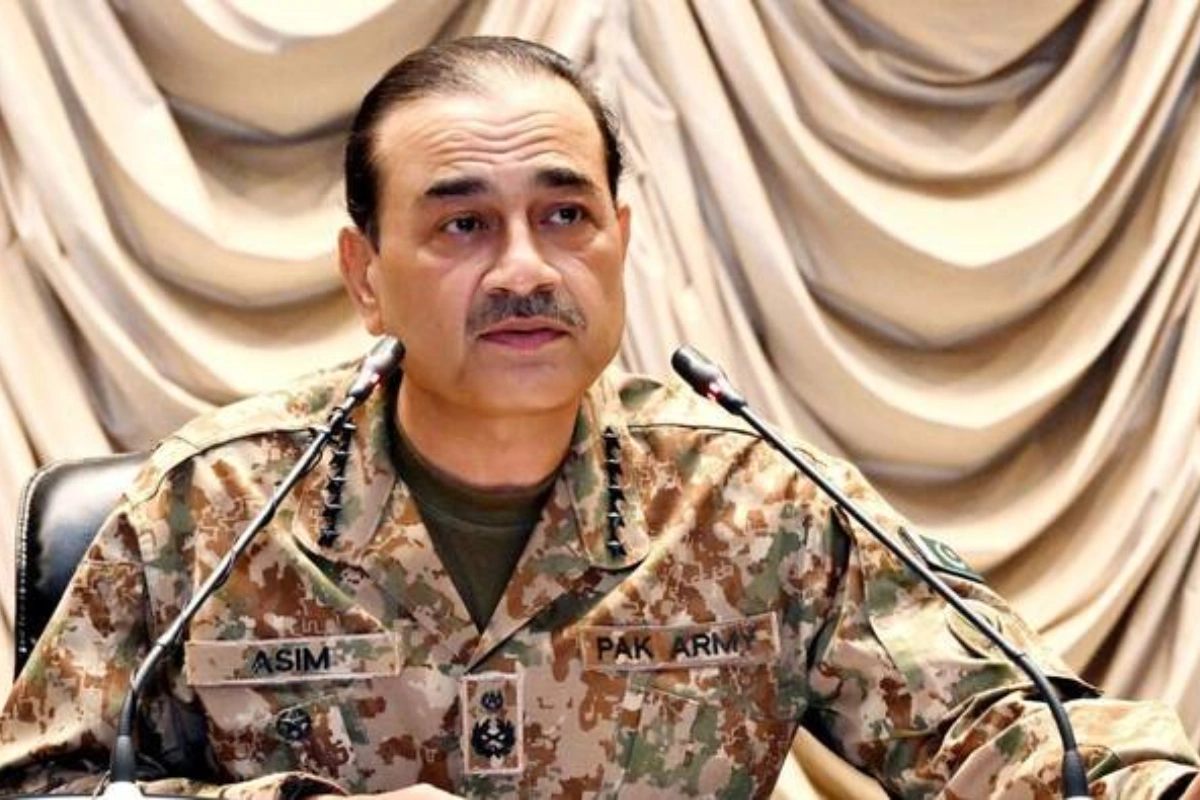Analysts are describing what has happened in Pakistan as a “bloodless coup,” with the Army Chief General Asim Munir consolidating power over the country’s political and executive apparatus, without tanks entering Islamabad or declaring martial law.
While the Pakistan military has traditionally wielded political power, the military approach of Munir has been one of quiet consolidation — strategic and coherent, and effective. This was not a physical takeover like Zia-ul-Haq in 1977 or Musharraf in 1999; there was no gunfire or interaction with civilians.
Democratically elected regime for now, the military controls everything
Sources based in Islamabad note that important decision-making regarding foreign policy and economic management is now being conducted in extremely close coordination with the military establishment and the political executive of Pakistan. The government is elected, but it appears that it is living under the shadow of the army.
DON'T MISS
Analysts observe that General Munir’s style of politics is not the same as that of previous regimes or coup d’états. Rather than a direct line — overtly take-over power— he has changed the dynamic by placing civilian institutions, intelligence, and judiciary bodies under his strategic influence.
Transforming from Army Barracks to Political Boardrooms
Asim Munir, a former ISI chief, carries himself with a very disciplined and discreet style. Insiders say he has perfected “institutional control” — allowing the show of democracy to continue while keeping Rawalpindi in the decision-making loop for all major decisions.
The “correction” he brings to Pakistan is less obvious than a classic coup, but it’s equally potent, with political analysts preferring to call it “an administrative reordering, not a military coup”, though the outcome is again the same. The military’s grip on power is stronger.
A Step Ahead of Generals
While Zia-ul-Haq ruled using martial law, and Musharraf ruled using constitutional suspension, Munir seems to rule using soft power strategies and information control. Instead of showing force, Munir has built power through administrative reorganisation, media management, and diplomatic connections.
Munir’s concentration of power is described as the ‘Munir Doctrine’ of controlling the narrative of Pakistan both inside and outside the country without confrontation, without any significant show of force.
Regional Implications
For India and the global community, this quiet alteration in the power structure in Pakistan raises new questions. A more decisive and strategically calculating military leadership could have an impact on cross-border relations, as Islamabad grapples with its fragile economy and relationships with China, the U.S., and Afghanistan.
Pakistan has a long and storied history of political coups, but this one is different than prior ones. There are no curfews, no arrests, and no declaration of martial law. Yet, General Asim Munir has now arguably become the most powerful man in Pakistan — achieving what all of his predecessors have done without a single drop of blood being spilt.
